Raising the Bowl
Everyday feeding of our pets is a routine task: wet or dry food in the bowl and they eat it. Simple right? But as our pets get older, or if they have injuries or surgery, the simple task of bending down to eat or drink can become much more difficult.
So what's the fuss? The action of having to eat or drink from a bowl on the ground involves shifting the weight to the front legs and bending the neck downwards. If your pet has arthritis in the elbow or neck, or stiff shoulders you can see how this is then a problem! They might splay the front legs out like a giraffe for stability or need to sit or lie down if they are tired.
And the Solution? The solution is simple! Raise the food and water bowl to roughly the height of your dogs shoulder. A bowl at this height allows your dog to get to their food and water while keeping their neck in neutral alignment and a comfortable position, with weight evenly distributed between the front and back legs.
Not so slippy! Another good tip is to add a non-slip surface underneath the bowl to prevent the bowl from moving and your dog can stay stable to eat and drink. This will reduce stain and microtrauma in the muscles and joints in the front legs.
So many options! Explore the images on the internet for awesome options or ideas to make your own!
This site is protected by reCAPTCHA and the Google Privacy Policy and Terms of Service apply.





